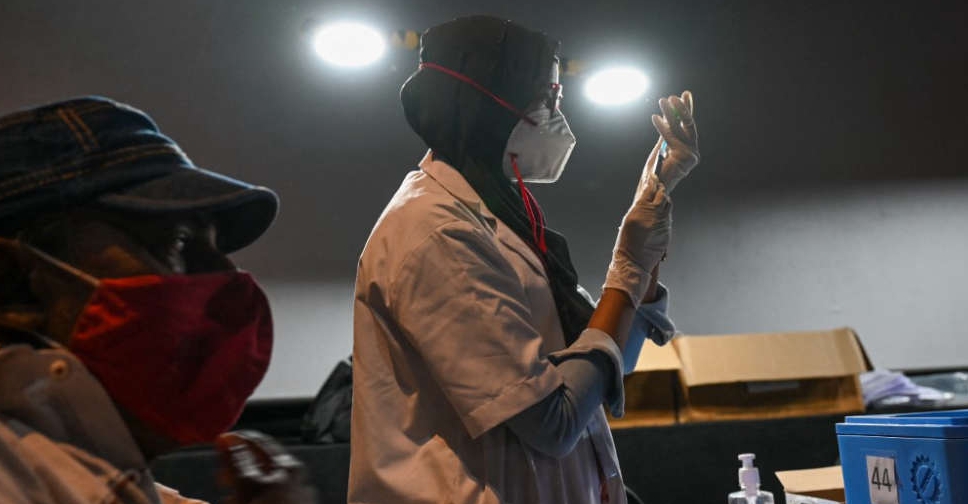
India's drug regulator has granted emergency use approval for Zydus Cadila's COVID-19 vaccine in adults and children aged 12 years and above.
It's the world's first DNA shot against the coronavirus.
The approval gives a boost to India's vaccination programme, which aims to inoculate all eligible adults by December, and will provide the first shot for those under 18, as the country still struggles to contain the virus spread in some states.
The vaccine, ZyCoV-D, uses a section of genetic material from the virus that gives instructions as either DNA or RNA to make the specific protein that the immune system recognises and responds to.
Unlike most COVID-19 vaccines, which need two doses or even a single dose, ZyCoV-D is administered in three doses.
The generic drugmaker, listed as Cadila Healthcare Ltd, aims to make 100 million to 120 million doses of ZyCoV-D annually and has already begun stockpiling the vaccine.
Zydus Cadila's vaccine, developed in partnership with the Department of Biotechnology, is the second home-grown shot to get emergency authorisation in India after Bharat Biotech's Covaxin.
The drugmaker said in July its COVID-19 vaccine was effective against the new coronavirus mutants, especially the Delta variant, and that the shot is administered using a needle-free applicator as opposed to traditional syringes.
The regulatory nod makes ZyCoV-D the sixth vaccine authorized for use in the country where only about 9.18% of the entire population has been fully vaccinated so far, according to Johns Hopkins data.
Zydus Cadila had also submitted data evaluating a two-dose regimen for the shot in July and plans to seek regulatory approval for the same.
The firm had applied for the authorisation of ZyCoV-D on July 1, based on an efficacy rate of 66.6% in a late-stage trial of over 28,000 volunteers nationwide.

 UK inquiry finds 'chilling' cover-up of infected blood scandal
UK inquiry finds 'chilling' cover-up of infected blood scandal
 Iranian President Raisi killed in helicopter accident, state media says
Iranian President Raisi killed in helicopter accident, state media says
 ICC prosecutor seeks arrest warrants for Israeli, Hamas leaders
ICC prosecutor seeks arrest warrants for Israeli, Hamas leaders
 Assange given permission to appeal against US extradition
Assange given permission to appeal against US extradition
 Israel intends to broaden Rafah sweep, Defence Minister tells US
Israel intends to broaden Rafah sweep, Defence Minister tells US




